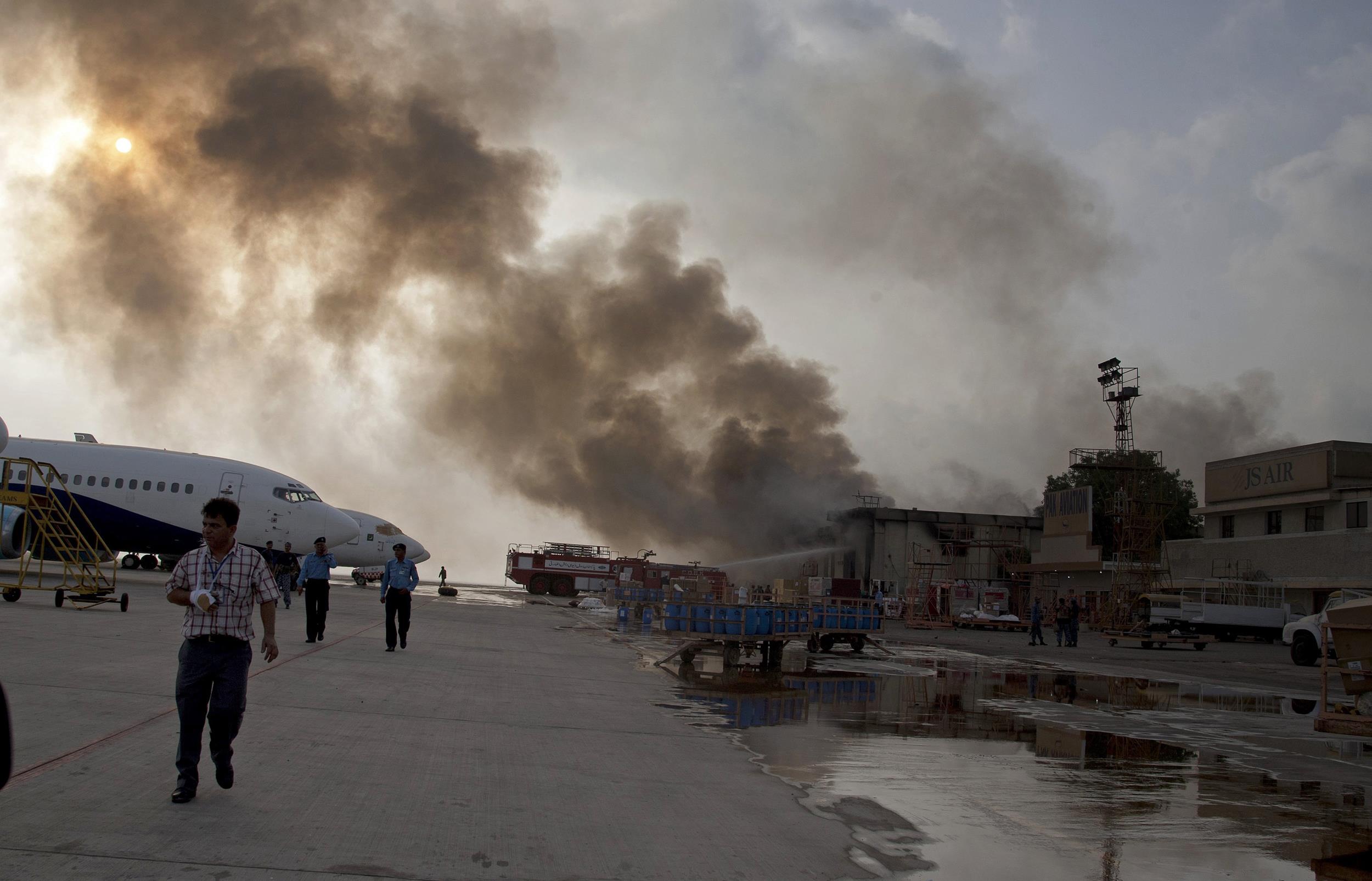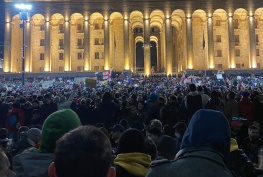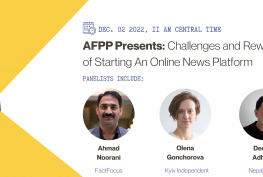By Zahid Gishkori
In the U.S., everyone from a school girl to Lady Gaga, or a young boy to President Obama, posts stories on social media about their lives. Even the Central Intelligence Agency — top spy agency of the world — got its Twitter account last month.
But Pakistanis can only dream about such freedom.
YouTube has already been shut down in the country. Pakistan’s top regulatory information body, the Telecommunication Authority, now uses Twitter Management to block content.
A censorship watchdog site reports that in May, Twitter used its Country Withheld Content Tool in Pakistan for the first time, blocking certain accounts and tweets.
Twitter, Facebook, YouTube and Skype have electrified journalism’s social media engine across the globe. They have become vital sources for gathering information.
I can understand Pakistan’s concerns about cyberwar, sectarian violence and militancy. The country’s largest television channel has already gone off the air after the military filed a complaint. A superior court banned a leading anchor from broadcasting his TV show last month. Multiple reasons are cited for these actions: airing blasphemous content or bashing the military and courts.
The result is a curb on press freedom.
Yet Pakistan seems unable to control the flow of controversial information on social media. Some anti-state elements posted blasphemous content, which has sparked violence in the country.
Indiana University’s latest survey suggests that about 80 percent of Americans use social media for getting the news in the United States.
Why cannot Pakistan make laws to deal with controversial material flowing on social sites rather than to curb press freedom?
Whatever the dilemmas of this digital age, these tools helped me file stories on issues relate to Pakistan while sitting on the other side of the globe, in Missouri.
For instance, Twitter and Facebook postings helped me write stories for The Star about the Taliban’s latest attack on Karachi Airport as well as recent honor killings in Pakistan. I was able to find many viewpoints, ranging from top Pakistani politician Imran Khan, to eyewitnesses to these incidents.
Every news media outlet is obsessed with getting the latest information.
There is no choice for survival in this this digital age except to grab on to social media as new reporting tools.
Our job, however, is to verify the information we grab.
Long live social media.





